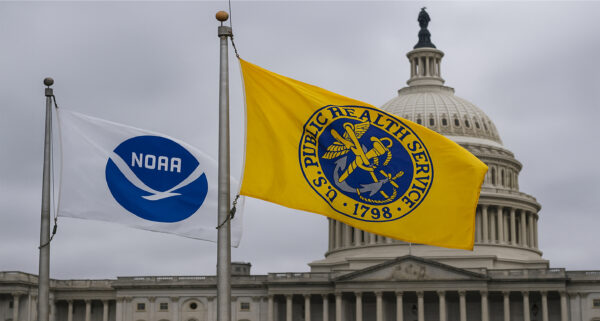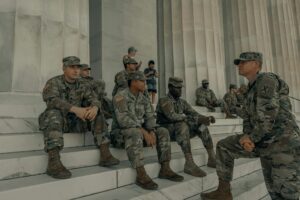Veteran Military Attorney Karen Hecker Rejoins the Law Offices of David P. Sheldon, PLLC
Washington, D.C. – The Law Offices of David P. Sheldon, PLLC proudly announces the return of Karen Hecker, a distinguished military and federal litigation attorney, who brings more than four decades of combined legal experience in military justice, appellate defense, and federal agency counsel service.
Before retiring from federal service in 2025, Ms. Hecker served for 21 years as an Associate General Counsel with the Department of Defense Office of General Counsel, where she managed complex, high-impact litigation on behalf of the Department and its senior leadership. Her work spanned international law, personnel and health policy, fiscal matters, and military justice under the Uniform Code of Military Justice.
Karen’s government career followed 24 years as an Air Force Judge Advocate (JAG), culminating in her retirement as a Colonel in 2017 after service on active duty and in the Reserves. Her military tenure included three years as a trial defense counsel, which also involved representing cadets as Military Cadet Counsel at the United States Air Force Academy, followed by eight years as an appellate defense counsel, representing service members before both the Air Force Court of Criminal Appeals and the Court of Appeals for the Armed Forces.
She later served as Deputy Staff Judge Advocate and Staff Judge Advocate at two operational bases, and ultimately as a judge on the Air Force Court of Criminal Appeals, where she presided over military appellate cases. Before her retirement, Karen also served as agency counsel for the Air Force Board for Correction of Military Records and during Officer Grade Determination reviews.
Returning to the firm where she previously practiced from 2001 to 2004, Karen joins as a Senior Litigation Attorney, bringing exceptional insight and experience to the firm’s representation of military and federal employees across all branches of service.
“Karen’s return to our firm is a tremendous asset for our clients,” said David P. Sheldon, founder and principal attorney. “Her depth of experience, leadership, and integrity exemplify our mission—to deliver justice and restore honor to those who serve.”
In her personal time, Karen enjoys boating on the Chesapeake Bay and volunteering with a local animal rescue organization.







